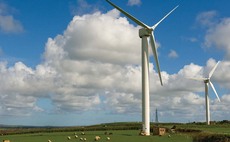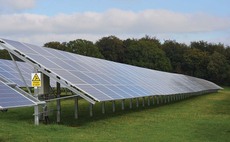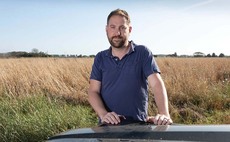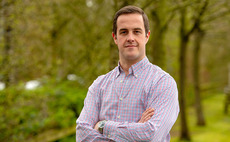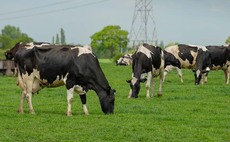Climate Change
Farm Life
In a new virtual challenge to encourage positive climate change action, the National Federation of Young ��������’ Clubs (NFYFC) is asking young farmers to share their solutions for achieving net zero emissions by 2040.
Farm Business
Coninciding with the Government’s transition towards a ‘green’ Brexit and with its sights set on achieving net zero carbon emissions by 2050, the renewables sector is expected to continue to grow.
Arable
Scotland has committed to reaching net zero for 2045. An Arable Scotland round table discussed the challenges and opportunities this presents for its farmers.
Livestock
While there may be a guaranteed income to be had from leasing land for a solar use, it is a long-term commitment with serious tax implications. Iain McVicar, of Albert Goodman, tells us more.
Farm Life
The year 1976 was a notable one. Steve Jobs launched Apple, the first Star Wars came out and I turned one during harvest that August.
Farm Life
In these uncertain times, it might be tempting for farmers to put the brakes on investment in sustainability but now is the time to ensure the British agriculture sector is at the centre of a green economic recovery, and the support for farmers is out there, says Lee Reeves, head of agriculture at Lloyds Bank.
Farm Life
As lockdown enters its final stages, in England at least, it is remarkable to consider the changes wrought by this unprecedented time. None more so than the impact the pandemic has had on the travel and transport industries.
Livestock
Nine in ten farmers (87 per cent) do not know what their farm’s carbon footprint is, according to research by Lloyds Bank.
Farm Business
Only a quarter of Scotland’s farmers are optimistic about their businesses in a post-Brexit landscape.
Farm Business
Covid-19 has hit the education sector hard but agricultural colleges across the country have innovated new methods in the face of adversity to attract prospective students and conduct business as usual. Mollie Leach reports.
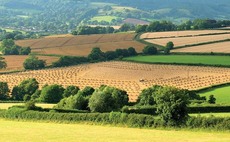
 04 July 2020
•
04 July 2020
•
